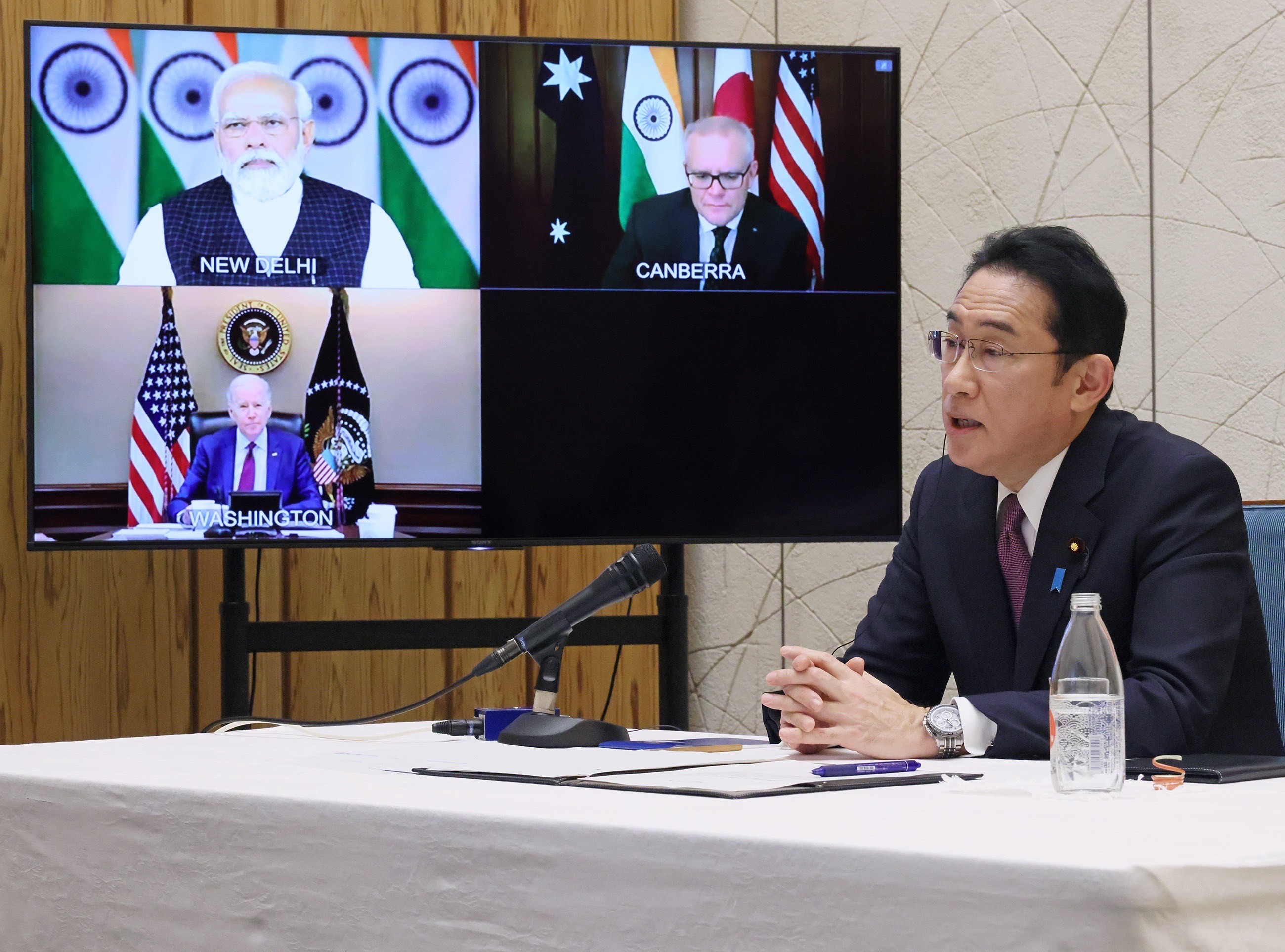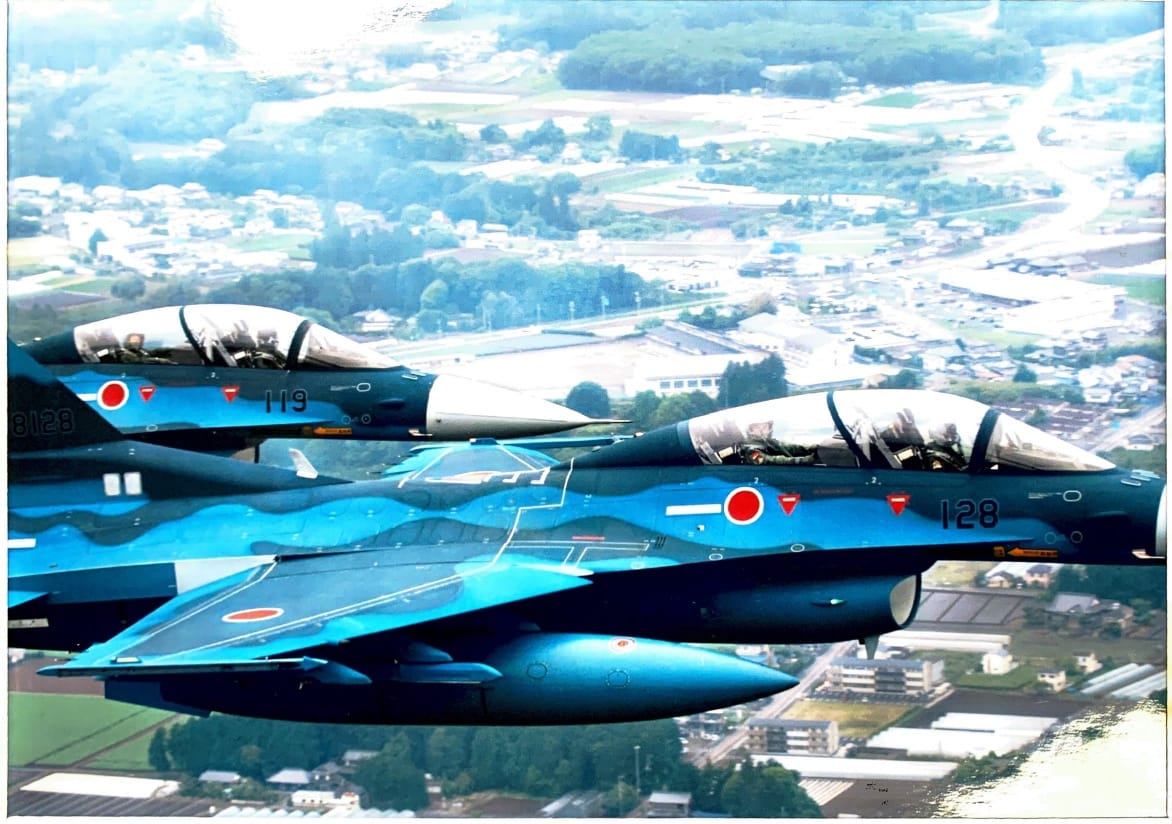Japan’s grant of $3.42 billion (¥4.02 billion) to stabilize the electricity supply in India’s strategically located Andaman and Nicobar Islands in March 2021 highlights the islands’ vital geopolitical location for both India and QUAD partners.
“China Is Watching” – With AI-Powered Satellites & Thousands Of Cameras, Can Beijing Strike Key US, UK Targets With Pinpoint Accuracy?
The islands are strategically close to the Malacca Strait, the channel and choke point on which China depends for its energy shipments.
The islands also dominate the Bay of Bengal and the Six Degree and Ten Degree channels, which are used by over 60,000 commercial ships each year. The Malacca Strait and the Six Degree Channel are two of the nine primary bottlenecks that govern access to this region. Even submarines usually surface when making this transit to avoid accidents.
The Japanese grant that will help India utilize power generated from renewable energy will also improve the power supply to India’s military capacity and surveillance operations. The project is planned to be completed by February 2024.
However, security experts speculate that Japan’s grant to India is part of a coordinated plan to keep an increasingly assertive China in check, The Japan Times reported.

Additionally, Japan is not just a close partner of India but also the key proponent of the “Free and Open Indo Pacific,” an antidote to China’s rise and assertiveness.
Quad grouping’s strong network
India, Japan, the US, and Australia constitute the Quadrilateral grouping aimed to counter China through non-military means. Infrastructure development could be one step in that direction, albeit in a bilateral format between India and Japan.
This is the first time India is taking foreign aid for the development of the Andaman and Nicobar Islands. The choice of Japan to fund this project has also piqued interest among defense experts.
Andaman and Nicobar Islands also station naval, air, and ground forces to dissuade China. The islets connect the Bay of Bengal with the Andaman Sea and account for 30% of India’s Exclusive Economic Zones (EEZ).

Subtle Move To Deter China?
According to naval scholar Toshi Yoshihara — this collection of 244 islands — allows India to play into China’s psychology by forming an Indian version of the Western Pacific’s first-island chain.
In the past several years, China has expanded its presence in this region. Naval ships disguised as fishing boats have been spotted.
“If an armed conflict breaks out in the South China Sea, and if the US and by default Japan get involved, the Andaman and Nicobar potentially can play a crucial role,” told G.V.C. Naidu, a professor of Indo-Pacific affairs at New Delhi’s Jawaharlal Nehru University told The Japan Times.
“The rim region of the Bay of Bengal is also one of the fastest-growing subregions in the Indo-Pacific,” prompting India to pay “a lot more attention,” to the maritime sphere and the islands, Naidu said in an email.
This is the first time India is pursuing the development of that scale in a region that has remained willfully neglected for decades.

“Things have changed and China is indeed a looming factor, I have been told that now Indian authorities have started to allow the Japanese embassy staff in the Andaman and Nicobar islands which were earlier prohibited due to some historical sensitivities”, a security expert told the EurAsian Times on condition of anonymity.
Analysts believe that once the infrastructure is built, India and other naval forces will be able to use the facilities to conduct their Malabar drills in the Indian Ocean with the four Quad nations.
“The development of the islands’ infrastructure will facilitate the participation of navies in Malabar, not just Japan’s Maritime Self-Defense Force (MSDF),” said Leszek Burzynski, an honorary professor of strategic and defense studies at the Australian National University.
According to Burzynski, China has condemned the Malabar drills, and Beijing is “sensitive to the expansion of the MSDF’s area of operations,”, especially in the South China Sea.
The region is militarily important as the Indian Navy hosts a multinational naval exercise at Port Blair, the headquarters of the Andaman and Nicobar Command. It becomes all the more significant as China has frequently referred to Quad as an exclusive clique similar to an Asian NATO.
India’s Close Ties With Japan
Japan’s development assistance to the islands follows the signing of acquisition and cross-servicing agreement between Tokyo and New Delhi in September 2020, which some predict will allow Japanese warships access to the islands and India access to Japan’s facilities in Djibouti and elsewhere.
Bolstering the capacity of the region is beneficial for both India and Japan, both of which are meticulously trying to counter China’s expansion in the Indian Ocean region for their strategic objectives.
Srikanth Kondapalli, a professor in Chinese Studies, Centre for East Asian Studies, Jawaharlal Nehru University, New Delhi, told the EurAsian Times — “China has already reached the thrust point that leads to the Pacific i.e., the Miyako Strait.
It has crossed the strait and conducted drills in the Western Pacific. Japan and its allies would not want to compromise another thrust point that leads to the Indian Ocean. And these concerns find resonance with New Delhi because it is aware of the challenge that China poses in the region.

It has strengthened its defenses over the islands, with the Poseidon-8I maritime surveillance aircraft hovering over the islands being a case in point. The threat from China is the guiding factor here, and it is something both states are ready to cooperate on.”
In the case of a conflict with China, India could use anti-access and area-denial (A2/AD) weaponry from these islands to create a maritime exclusion zone, according to The Diplomat.
The presence of surface combatants, aircraft carriers, or nuclear attack submarines from the People’s Liberation Army Navy (PLAN) may be resisted by further developing the Andaman and Nicobar Islands.
The strategic location of these islands and the cooperation between two of China’s adversaries, India and Japan, could potentially unsettle China’s strategic community. However, whether it’s a Japanese plan with “strategic overtones” will become clear with time and, the extent of impact the cooperation has on India’s military preparedness in and around the islets.
- Contact the author at sakshi.tiwari9555@gmail.com
- Follow EurAsian Times on Google News




